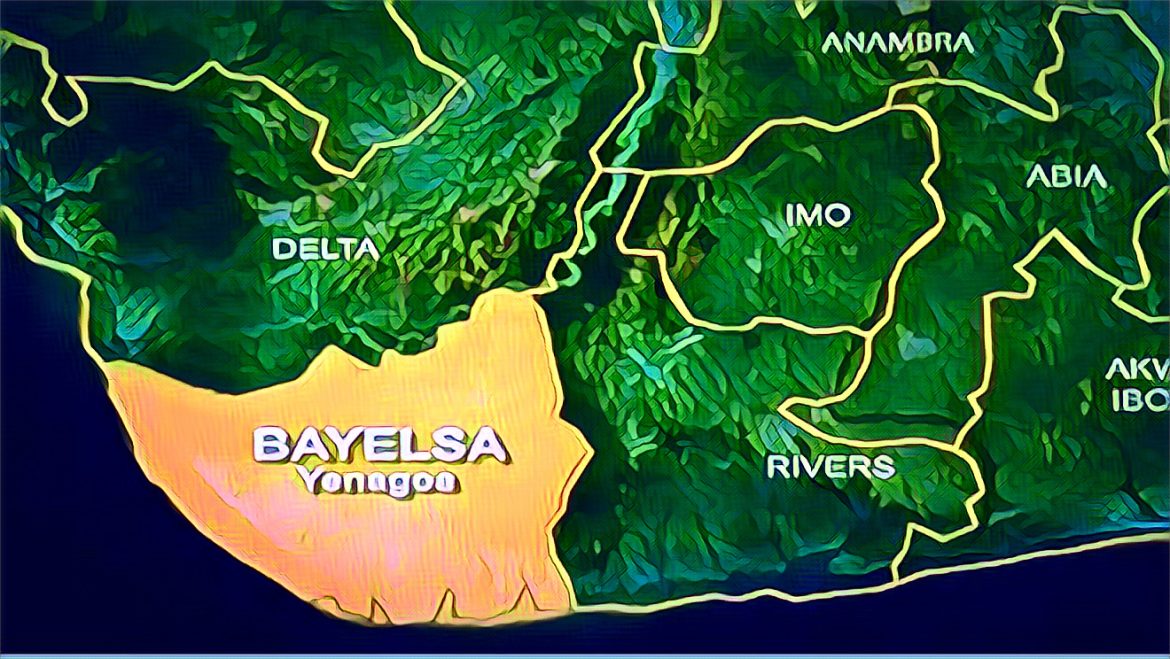In a dramatic turn of events that keeps Nigeria’s political spectators on the edge of their seats, the Bayelsa State Governorship Election Petition Tribunal, operating from Abuja, decisively quashed a controversial motion. This pivotal motion, pushed forward by the All Progressives Congress (APC) and their governorship candidate, Timipre Sylva, aimed at the disqualification of specific tribunal members. They were accused of bias in the ongoing scrutiny of the contentious Bayelsa State governorship election results. Moreover, this legal skirmish underscores the turbulent post-election period, marked by accusations and counter-accusations of unfair practices and bias.
The Clash Over Fairness
The dispute reached a boiling point when the APC and Sylva lodged a petition asserting that the tribunal’s decision to require them to present their 234 witnesses within a seven-day timeframe amounted to a denial of their right to a fair hearing. This accusation prompted the tribunal to adjourn indefinitely, only to be called back to session by a directive from the president of the Court of Appeal.
Resuming the fray, Sylva’s counsel introduced a new application against the tribunal members, citing unusual circumstances that, in their view, compromised the possibility of a fair hearing. On the other side of the courtroom, the governor’s counsel stood firm, arguing that the motion was nothing more than a stalling tactic with no substantial basis.
Legal Strategies and Counterclaims
The tribunal’s resolve to move forward was tested by intricate legal arguments and strategic counterplays. Critics of the application, including the opposing counsel and the legal representative of the third respondent, pinpointed the application’s timing and underlying intentions as a calculated effort to rescue a weakening case.
Nonetheless, the tribunal, under the leadership of Justice Adekunle Adeleye, dismissed the motion. Adeleye highlighted a letter from the Court of Appeal president, which instructed the tribunal to continue with the hearings, effectively sidelining the petitioners’ request for disbandment.
The Road to Resolution
With the tribunal preparing for the Independent National Electoral Commission (INEC) to mount its defense, the political and legal stakes in Bayelsa have never been higher. However, the APC and Sylva are contesting the election outcome, asserting that unaccounted votes in certain polling units could potentially alter the election’s verdict.
This episode in Bayelsa’s political narrative not only showcases the intense legal battles that often follow closely contested elections but also reflects the broader challenges facing Nigeria’s democratic processes. Amid these challenges, the tribunal’s commitment to pressing on with the hearings offers a glimmer of hope. It highlights the resilience and independence of the judiciary, reassuring citizens and observers alike of the system’s capacity to adjudicate disputes fairly.
As this legal drama unfolds, it becomes a testament to the vibrancy of Nigeria’s democracy, where the rule of law and the quest for justice continue to guide the path toward resolution and reconciliation. In Conclusion, the tribunal’s determination to uphold justice serves as a reminder of the enduring strength of democratic institutions in ensuring that every voice is heard and every vote counts.
Source: Punch


